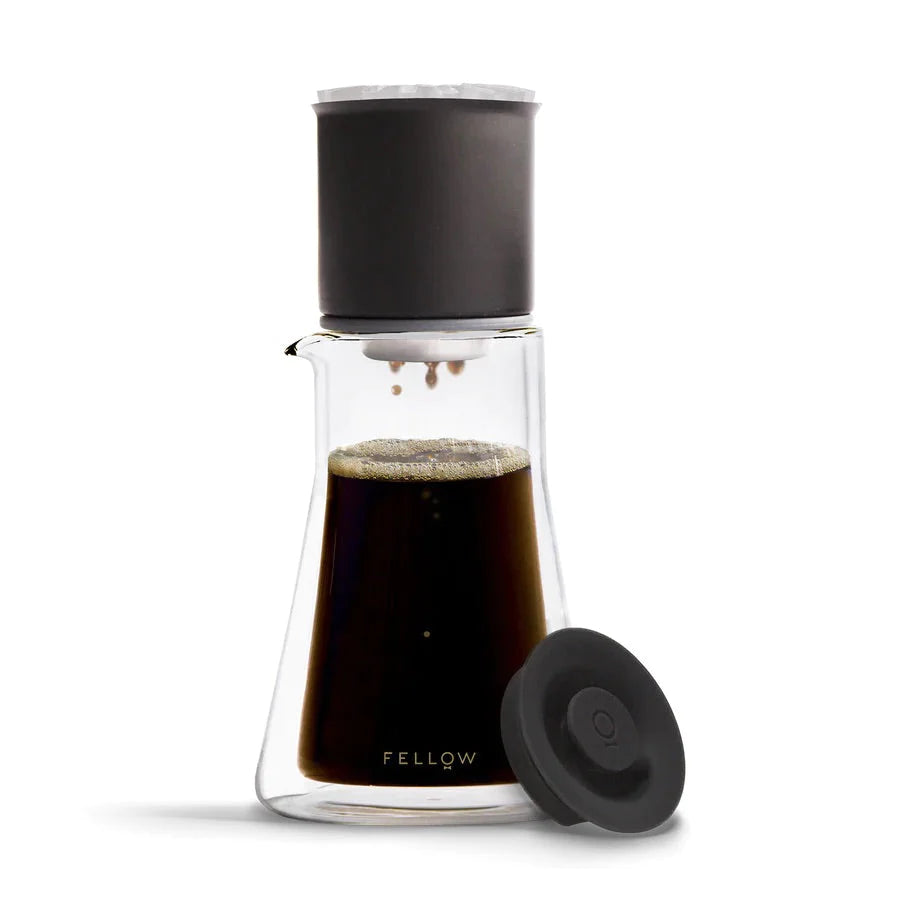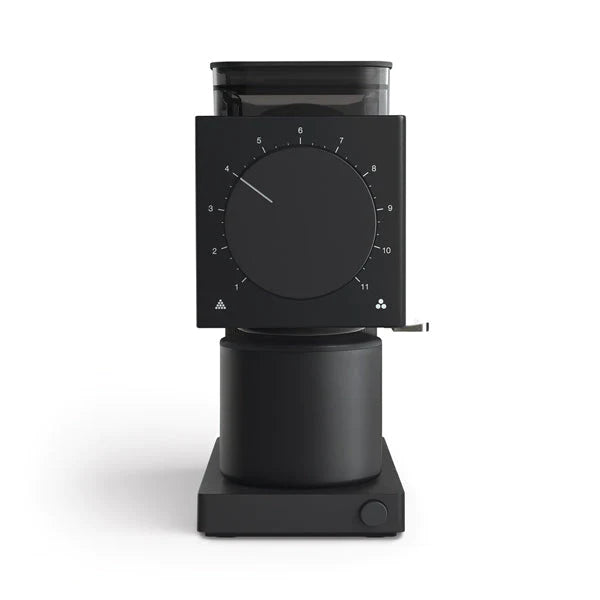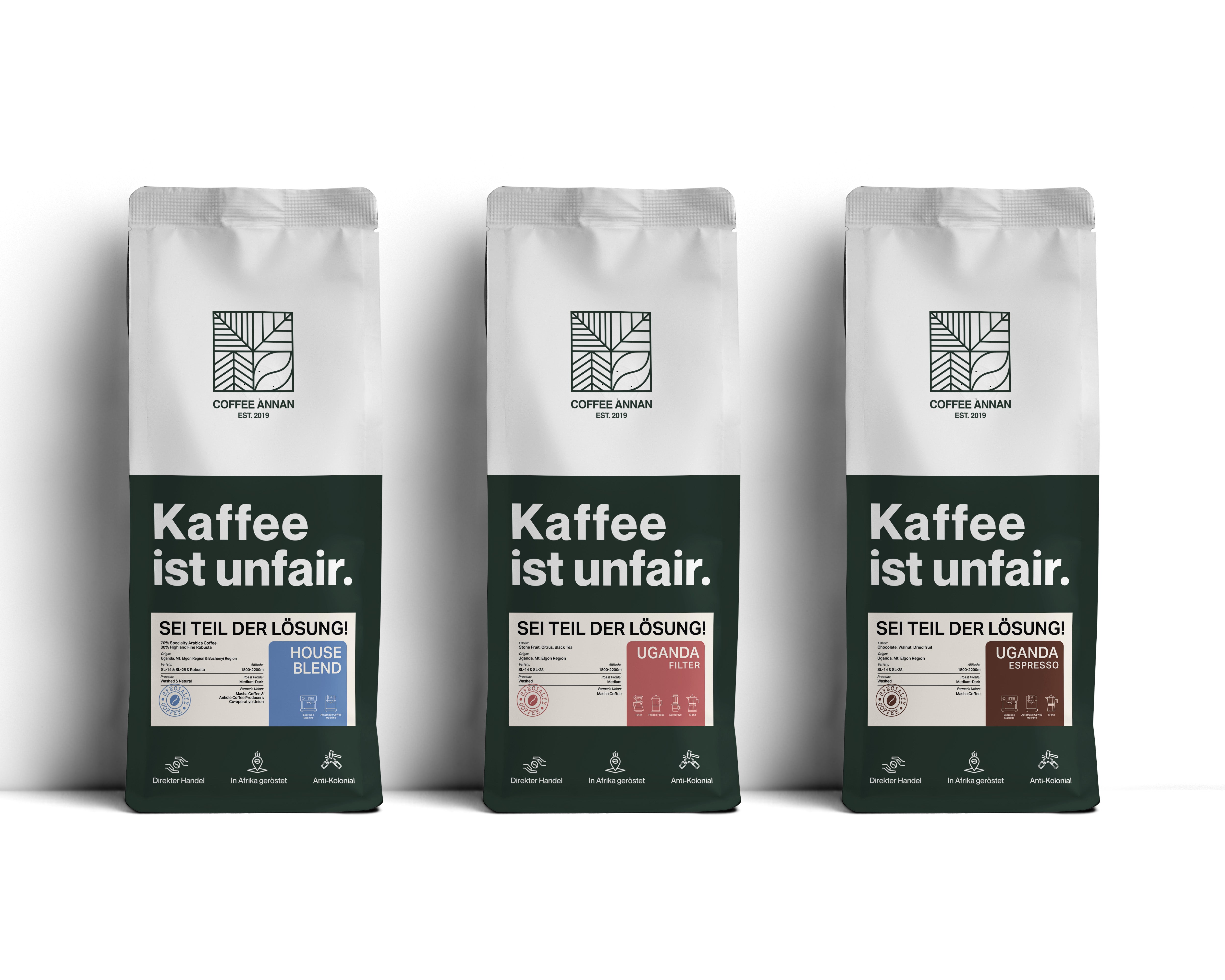The land of a thousand hills.

Locals prefer tea here, and Rwanda is said to have the best milk in Africa. Coffee, on the other hand, was not of great importance for a long time and was notorious as a mass product of low quality.
However, very complex coffees with extremely fruity notes have long been coming from Rwanda.
Rwanda & Coffee
German missionaries brought coffee to Rwanda in 1904. However, this only became economically relevant after the National Assembly adjudged the country to Belgium. Under the colonial rule of Belgium, many small farmers were forced to cultivate coffee. In addition, high taxes were imposed on producers for exports. The consequences: large quantities of green coffee of inferior quality.
The reputation that quantity is more important than quality was difficult for the country of Rwanda to shed, also because the country lacked the infrastructure to produce really good coffees. In addition, a worldwide drop in prices and the largest genocide since World War II made the economic stability of Rwanda more difficult. In 100 days, nearly 1 million people (12% of the total population) were executed. As a result, coffee growing also suffered and almost came to a standstill in Rwanda.


Programs such as USAID & PEARL (today SPREAD) established washing stations, promoted the transfer of knowledge and trained young farmers. With great success, since top coffees from Rwanda have long been among the best coffees in the world. In addition, the production of quality coffee (specialty coffee) is subsidized by the government and farmers benefit from higher wages and premium prices. Today almost 400,000 smallholders and families are employed in the coffee industry in Rwanda.
Traceability
Since most farmers bring their cherries to cooperatives, tracing is usually only possible to the washing stations.

In May 2020 we visited some farms in Rwanda and roasted coffee with Mathias in Kigali. We are currently in the evaluation phase. Subscribe to our newsletter and find out what we have decided on.






